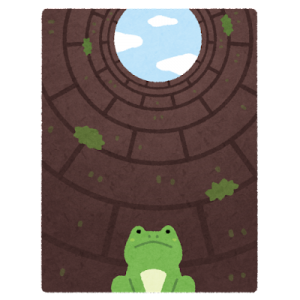Part 1.
Are you familiar with Japanese Kotowaza? Do you frequently use them? Maybe you only use them now and again, in very specific situations. Either way, they are a fun addition to our language learning journey and, at times, perfectly express something that would otherwise take a long time to explain.
In English, they are called “proverbs” – They are said to have originally came from Egypt and some even believe them to be “divine” in nature – Wisdom dispensed in bitesize phrases directly from God. Whether that is true or not, let’s dive into some of the most famous, and some lesser known, Japanese Kotowaza.
Often proverbs are very difficult to directly translate from Japanese to English, or vise versa, so please be careful when considering using them!
蓼食う虫も好き好き

Translation: Even some bugs eat Knotweed.
Meaning: Everyone like’s different things. People’s preferences depend on the person.
English version: “Each to their own” or “To each their own” or “One man’s trash is another man’s treasure”
蛙の子は蛙

Translation: A son of a frog is a frog
Meaning: Children tend to inherent/take on their parent’s habits or behaviors. For better or for worse..
English version: “Like father like son”
知らぬが仏

Translation: Not knowing is buddha.
Meaning: Buddha is one who is said to have achieved a state of unending bliss – freedom of suffering. Sometimes knowing about a situation causes us to suffer, not knowing and not having too much information can mean our mind is simple and free.
English version: “Ignorance is bliss” – Do you agree?
井の中の蛙 大海を知らず

Translation: A frog in a well does not know the great sea.
Meaning: The world is a large place, get out there and see it. Don’t stay in your safety/comfort zone.
English version: If you stay in your comfort zone, you will never grow.
言うは易し行なうは難し

Translation: Easier said than done.
Meaning: It’s easier to say something than to actually do it
English version: “Easier said than done”.
I hope you enjoyed – Part 2 will be on it’s way next week! If you have any Kotowaza, or proverb, that you particularly like – Please let us know!
大阪エリア L.H




